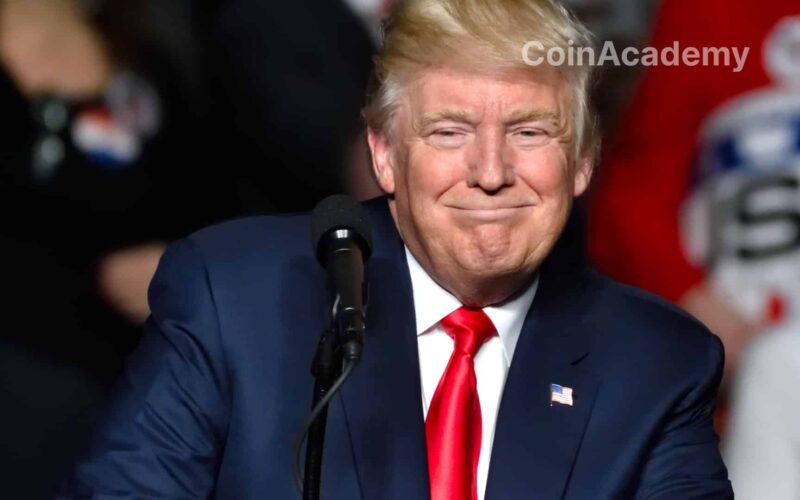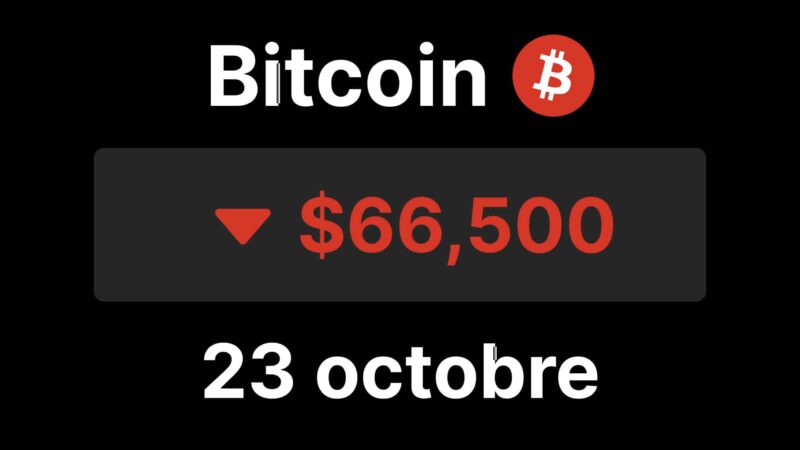A Third of Polymarket’s Volume Potentially Manipulated by Wash Trading: Fortune Report
Forecasting platform Polymarket is under scrutiny after a report by Fortune revealed that nearly a third of its trading volume could be manipulated through wash trading. In this practice, which is illegal in traditional finance, a trader acts as both a buyer and seller, artificially inflating the volume without any real economic value. According to blockchain firms Chaos Labs and Inca Digital, this fraud is particularly prevalent in the predictive markets of the US presidential election, as well as other segments of the platform.
Hidden Motivation behind the Trades: Airdrop Farming
The motivations behind these wash trades seem to be more profit-oriented than political. Fortune suggested that users may be tempted to manipulate their activity in anticipation of potential airdrops of Polymarket tokens. In the crypto world, traders sometimes engage in repetitive trading to be eligible for these free distributions, a practice known as ‘airdrop farming.’ Investor Nic Carter has supported this hypothesis, stating that these maneuvers are likely not politically driven but rather aim to maximize the chances of receiving tokens.
A Feeless Model That Facilitates Repetitive Trading
Unlike many other platforms, Polymarket currently does not charge any transaction fees. This unique feature allows users to engage in wash trading without incurring any additional costs, making it easier to rapidly repeat buy and sell orders. Some market observers believe that this feeless model creates a fertile ground for this type of manipulation, increasing apparent volume without reflecting genuine demand.
Controversy Surrounding Volume Calculation
Another point of contention highlighted by Fortune’s article is Polymarket’s method of calculating trading volume. According to the magazine, the platform considers each transaction as one dollar of volume, even when fractions of a cent are exchanged. Flip Pidot, an expert in prediction markets, has defended this practice, explaining that the volume in question is based on the notional value of each transaction, a common method in futures markets. This means that an exchange with a notional volume of $1 is counted, even if the participant paid only a fraction of that value for a given position.
Controversy surrounding a Pro-Trump ‘Whale’
This wash trading incident comes shortly after another controversy that had sparked media attention, involving an alleged ‘whale’ trying to boost Donald Trump’s chances on Polymarket. This trader, a French national with significant bullish positions on Trump, was accused of manipulating the probabilities of the candidate for political purposes. However, many observers have downplayed this hypothesis, suggesting that the ‘whale’ in question was following a deliberate buying strategy rather than artificially inflating the market.
Regulatory Challenges for Polymarket
These suspicions of wash trading raise serious questions about Polymarket’s practices and the viability of its model in the face of regulatory requirements. If the platform manages to sustain user enthusiasm without engaging in harmful manipulations, it could strengthen its position in the crypto ecosystem. However, if these behaviors persist, the platform may need to revaluate its control mechanisms to preserve its integrity and attract users who value transparency.




